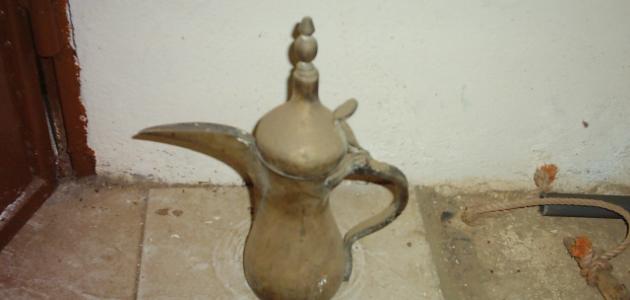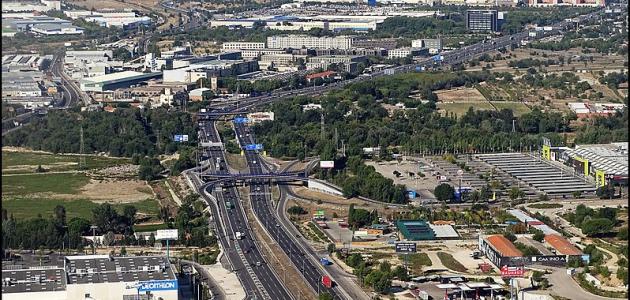Table of Contents
Definition of archeology
Archeology: It is the science that cares and researches about the antiquities that represent the remains of ancient human activity, and aims to form a complete picture of the daily lifestyle that people have lived from ancient times, by studying the history of mankind and researching the material and cultural remains, The art of the ancient man. The first “Archeology” was used by the Greek historian Dionysius Halicarnassi, who mentioned this term in the title of his book “Romen Archeology” in which he explained the history of Rome, its effects and ancient wars. Later on, the term “archeology” was neglected until the seventeenth century AD to be reused, as the French historian Jacques Spoon mentioned it in his book “A Mixture of Archeology” in which he explained the history and artistic aspect of ancient buildings. The Oxford English Dictionary mentioned meanings of the term “archeology”, as it defined it as ancient history in general, and it defined the scientific study of the effects of prehistoric times, while the British Encyclopedia defined archeology as: (a group of studies and research that deals with the effects of ancient human activity since the first things That man made, whether they are simple tools or complicated machines), and some researchers have linked archeology to anthropology because the basis for archeology is to study the effects of human activity and everything related to man and his lifestyle in the past. And through the previous concepts of the term archeology, a comprehensive concept for this term was reached, as it was known as the science of silent records that studies the life of the ancient man from his life in the caves to housing in the plains, and then the rise of modern civilizations regardless of gender or race, by studying the effects and documents. That he left behind, showing the nature of his interaction with the surrounding environment.
The importance of archeology
Archeology is interested in studying and analyzing the material origins of ancient human civilization by extrapolating the material and intellectual evidence of successive ages throughout history, and it also extracts the cultural, scientific, and aesthetic values of the effects that a person left during the practice of hidden activities. Archeology covers our curiosity, thinking, and imaginations about the way of life in the past, and gives us the opportunity to live the daily life of the ancient person by studying their remaining effects. Archeology is not satisfied with analyzing, knowing, and extrapolating the effects, but rather checks the information it has drawn from studying and analyzing the discovered effects, It also seeks to solve the mysteries and tales of ancient civilizations, especially those whose effects are still vague and incomprehensible to the present day. For example, in 1985 AD, Dr. Robert Pollard located the wreckage of the Titanic that sank in the North Atlantic Ocean in 1912 AD, which resulted in the deaths of nearly 1500 people of its passengers and crew, where Pollard used the sonar device to locate the wreckage, and he was able to assist archeology And remote-controlled cameras explore facts about the shipwreck, such as the discovery that the ship was broken into two large pieces during its sinking and that hundreds of artifacts were on board. Water submerged monuments also include fishing camps on the continental shelf of the Gulf of Mexico and parts of Alexandria in ancient Egypt that were flooded by water because of earthquakes and sea level rise.
Foundations of the study of archeology
In the study of archeology, scientists rely on two basic rules that cannot be separated:
- The scientific and field approach to archeology: through archaeological exploration, searching for and extracting antiquities from the ground, to use information from them and enter them in applied and scientific sciences, where archeology is concerned with studying the extracted archeology and conducting maintenance, preservation, and museum presentation of them, as scientists ask questions and put hypotheses Use the evidence to select the drilling site, then use scientific sampling techniques to determine the location of the drilling. The excavation of buried monuments is the central link in archaeological research and the basis for analyzing ancient lifestyle.
- Theoretical and academic side: This aspect relies on analysis, interpretation and study compared to the time of each artifact that he discovers, to diagnose the type of life that a person lived in the past, where archeology is interested in studying archeology through academic and scientific methods to derive the largest amount of information about the nature of ancient life And knowing the pattern of the development of ancient civilizations and the changes taking place due to the activity of the ancient man and his interaction with the surrounding environment.
At the present time, archeology brings together both sides within the academic curriculum. Archeology, in theory and in practice, reviews all human practices by studying the remaining archeology samples of those practices.
The development of archeology
Archeology evolved clearly during the twentieth century and beyond, where archeology helped in the early twentieth century to uncover the excavations that took place in the Mohejo area in Pakistan about the existence of Indus civilization dating back to prehistoric times, and in the late twenties of the twentieth century, resulted in Excavations conducted in the city of An Yang in eastern China about the existence of Chinese culture dating back to the prehistoric period. Kenyan archaeologist Louis Leakey also found that there are stone tools and bone remnants of the ancient human dating back nearly 2 million years in the country of Tanzania, and the twentieth century also witnessed a significant increase in archaeological knowledge about prehistoric America.








